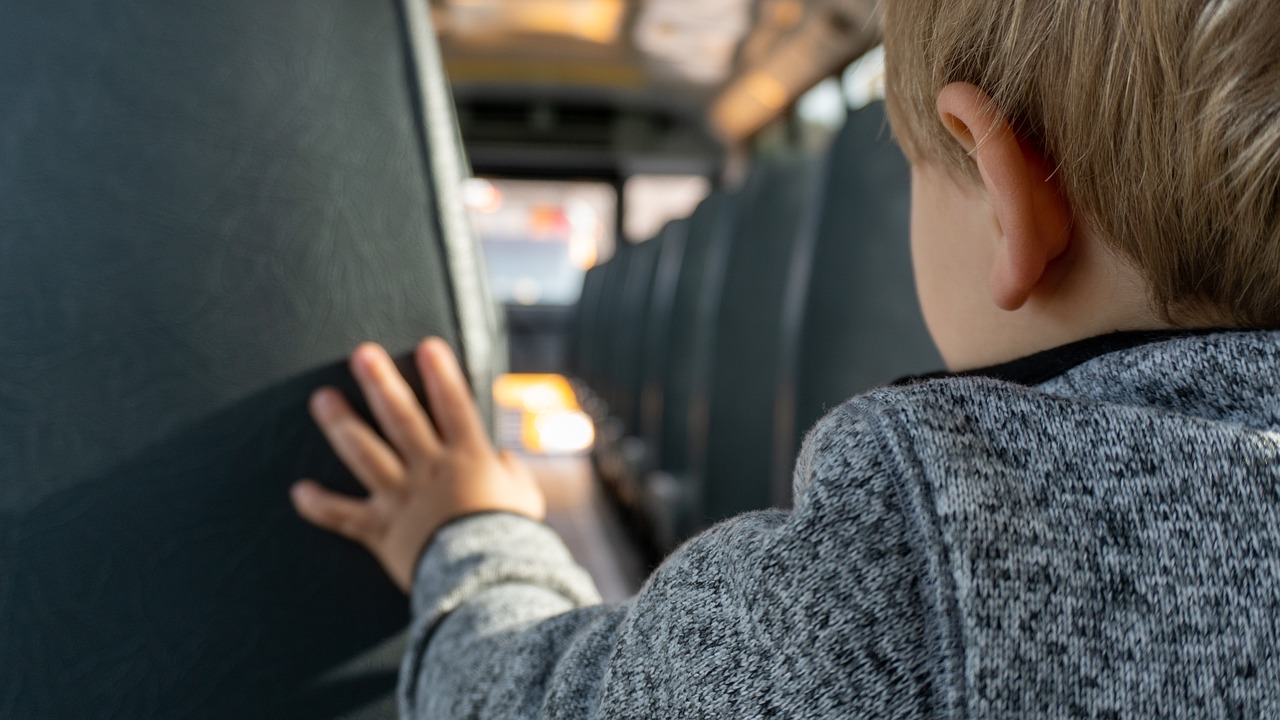Arts Education: The Importance of Music, Visual Arts, and Performing Arts
Music education has been found to have a significant impact on cognitive development in children and adolescents. Studies have shown that learning to play a musical instrument can enhance various cognitive skills, including memory, attention, and executive function. Engaging with music helps to improve mental flexibility and problem-solving abilities, leading to better academic performance in other areas as well.
Furthermore, involvement in music education has been linked to increased brain connectivity and enhanced neural processing. Learning to read musical notes and rhythms stimulates multiple areas of the brain, creating new connections and strengthening existing ones. This cognitive stimulation not only benefits academic achievement but also contributes to overall brain health and development.
Music education can enhance memory, attention, and executive function
Engaging with music improves mental flexibility and problem-solving abilities
Learning to play a musical instrument leads to better academic performance in other areas
Involvement in music education increases brain connectivity and enhances neural processing
Reading musical notes stimulates multiple areas of the brain, creating new connections
Benefits of Visual Arts Education for Emotional Expression
Visual arts education provides a unique platform for individuals to express their emotions and inner thoughts in a creative and tangible way. Through various art forms such as painting, drawing, and sculpting, students can explore and communicate their feelings without the constraints of words. This form of self-expression can be particularly beneficial for individuals who may find it challenging to convey their emotions verbally.
Engaging in visual arts education can also help individuals develop a greater sense of self-awareness and emotional intelligence. By creating art, students can reflect on their own feelings and experiences, leading to a deeper understanding of themselves and their emotions. This process of self-reflection and exploration through art can ultimately contribute to improved emotional well-being and a greater sense of self-acceptance and understanding.
The Role of Performing Arts in Building Confidence
Performing arts play a vital role in nurturing confidence among individuals, especially children and teenagers. Engaging in activities like acting, singing, or dancing provides a platform for individuals to showcase their talents and creativity. By receiving positive feedback and applause from an audience, performers gain a sense of accomplishment and self-assurance.
Furthermore, participation in performing arts requires individuals to step out of their comfort zones and take risks. This willingness to take on challenges helps in developing resilience and the ability to cope with pressure. Through rehearsals and performances, individuals learn to better manage their emotions, handle criticism, and adapt to unexpected situations, all of which contribute to building their confidence levels.
How does music education impact cognitive development?
Music education has been shown to improve cognitive skills such as memory, attention, and language processing. It can also enhance problem-solving abilities and critical thinking skills.
What are the benefits of visual arts education for emotional expression?
Visual arts education provides a creative outlet for individuals to express their emotions and feelings. It can help improve self-awareness, self-esteem, and emotional well-being.
How does participating in performing arts help build confidence?
Participating in performing arts activities such as acting, dancing, or singing allows individuals to showcase their talents and skills in front of others. This can help boost self-confidence and self-esteem. Additionally, receiving positive feedback and support from peers and instructors can further enhance confidence levels.







